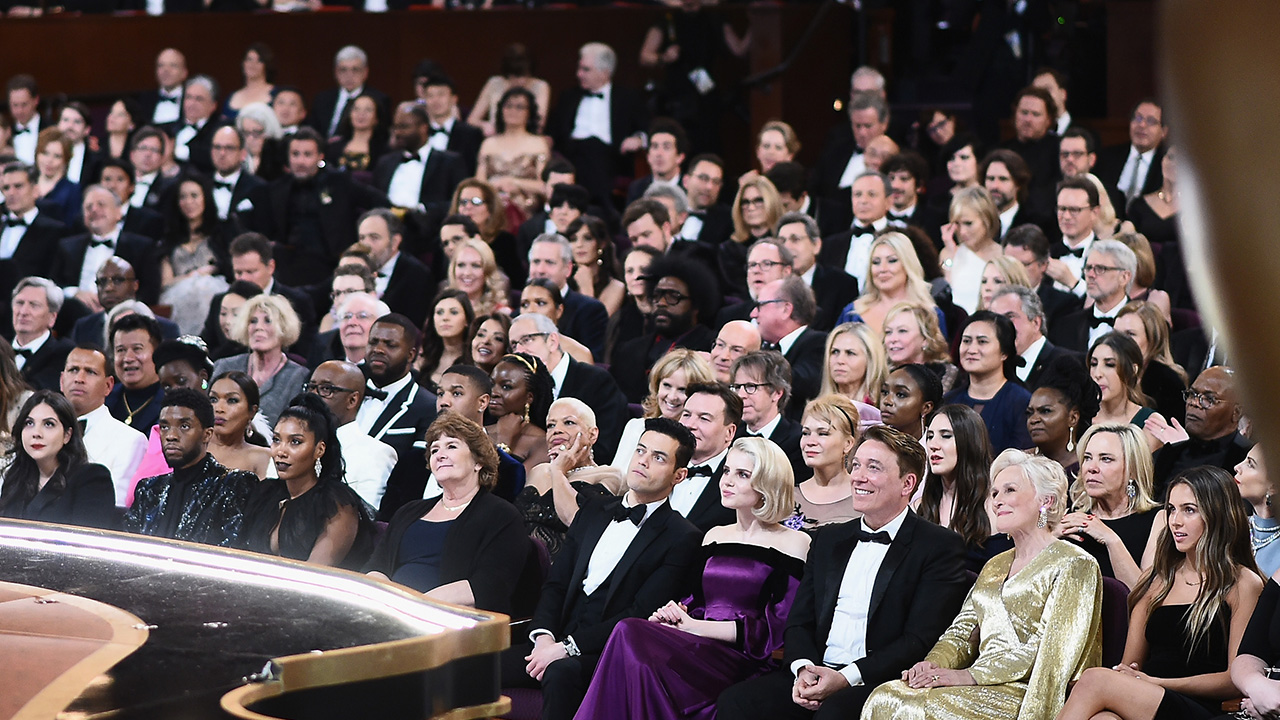Publishers Think 90% Of PC Gamers Are Pirates

Your Daily Blend of Entertainment News
You are now subscribed
Your newsletter sign-up was successful
There are no real hard figures out there and no way to actually gauge the effect of piracy in the PC gaming community but Ubisoft, Capcom and a few market analysts believe that just about all the PC gamers out there, you and me included, are pirates and that only 10% of game purchases are legit in some territories.
In an unsurprising article on Eurogamer, they decided to ask some industry heavy hitters about the ubiquitous elephant in the room when it comes to PC gaming: piracy and DRM. Infamous market analyst, Michael Patcher, even had a few words of wisdom to share on the topic when speaking to Eurogamer, saying…
"Consumers are right to complain about DRM, since it impacts both legitimate and illegitimate users," ... "The problem is that the companies think it limits piracy, and an industrious and determined hacker can work around DRM, while a normal, legitimate user must deal with a hassle. I'm not sure where to come down on this, as I respect the companies' right to protect their intellectual property, while acknowledging the legitimate consumer's complaint about the problems created with DRM."
Capcom’s Christian Svensson believes that DRM works but that there are good versions of DRM and bad versions of DRM. I’m assuming he’s referring to Steam (being the good version) and SecuROM (being the bad version). Nevertheless, Svensson takes the stance that the “communication” of the technology needs to be handled better to keep down piracy and appease the legitimate consumers.
However, Svensson also admitted to Eurogamer the one thing that most companies won’t…
We looked at quantifying what the real losses are," … "and it's incredibly hard to do, because you end up having to do a set of cascading assumptions that you have no real ability to validate in any meaningful away."
That’s very true, because how many pirates later purchase the game after playing it? Or, how many legit users switch to a pirated copy in order to play the game offline if it has always-on DRM? Or, how many gamers actually pirate the game versus buying it even if they never heard of it but seen it on a torrent site as a “new” game? And if a gamer pirates a game they never heard of is that actually a loss if they had no intentions of buying a game they never heard of? There’s no real way to tell.
Reinhard Blaukovitsch from Sony DADC believes otherwise, though, and feels that there are some accessible numbers to the piracy conundrum, stating that…
"Piracy levels, depending on country, range between 40 per cent and 80 per cent,"… "The commercial value of global software piracy is growing by 14 per cent annually."
He doesn’t give a source of where those figures come from but PriceWaterhouseCooper’s analysis suggests that some gaming markets will bloom exponentially at a 16% annual growth rate, which really does seem to trump the 14% increase in piracy.
Your Daily Blend of Entertainment News
Further on in Eurogamer’s report, Svensson, one of the few people they interviewed who seemed to be rather level-headed, simply came out and said…
"Let's turn the discussion away from sales to how many copies are sold legitimately versus how many copies we see downloaded illegitimately," … "irrespective of how many could actually be converted to a legitimate user. I would say that at the low end of the threshold - and it varies greatly from territory to territory and brand to brand. Bigger brands see higher levels of piracy - it tends to be 50/50. That's the lower end."… "At the higher end you can see 90 per cent illegitimate usage to 10 per cent legitimate,"
While it’s easy to jump on the bandwagon of the publishers and say “Bad, bad pirates! You need to go away!” there have been legitimate arguments made by the PC gaming community, not justifying but explaining why piracy is the way it is for PC. Many core PC gamers feel that shoddy console ports on PC have created a divide of what’s worth purchasing and what’s worth ignoring. Even peripheral company Razer concurs that PC gaming is dying in the traditional sense of big-budget projects due to publishers rushing out hackened ports with poor compatibility and optimization. That’s not to mention the inflated prices of digital copies versus retail prices, or the vaporous DLC that can cost up to $19.99.
However, there have been many success stories within the indie community despite piracy such as Super Meat Boy, MineCraft, The Ball, Portal, Garry’s Mod and Sherwood Dungeon, proving that despite piracy concerns, a limited budget and practically no grandiose marketing a game can still sell well on PC without DRM. Again, though, there’s no way to tell how many copies have actually been pirated versus how many were bought even for the indie titles.
As mentioned above, though, gamers who may not have ever come across a niche title unless for piracy is still a marketing tool for exposing a game for further sales if it’s actually a good game, which is something that Super Meat Boy’s developer believes in because what software developer doesn’t want people talking about their game if what's being said is mostly positive? Eventually it translates to sales.
It’s obvious that piracy isn’t going anywhere, though, just like MP3s didn’t go anywhere despite the music industry coming down hard on peer-to-peer places like Audio Galaxy and Napster. However, I think the bigger publishers will need to address piracy in a different light, because trying to strong-arm consumers with more restrictions and regulations for games that aren’t worth it just doesn’t seem like the right way to go nor does it seem to be working.
You can check out the entire piece about piracy over at Eurogamer.
Staff Writer at CinemaBlend.

